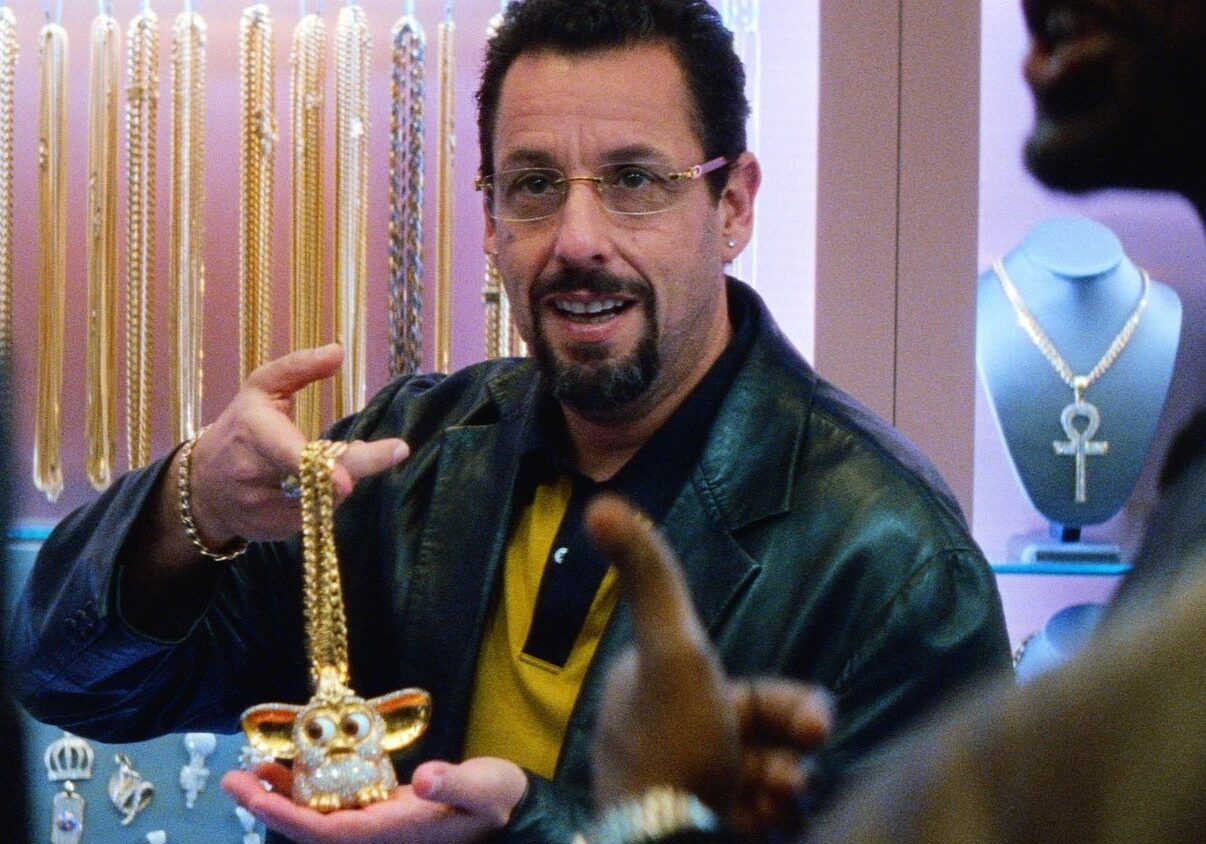The Crossover Point
To learn more about Epsilon Theory and be notified when we release new content sign up here. You’ll receive an email every week and your information will never be shared with anyone else.
Continue the discussion at the Epsilon Theory Forum
The Latest From Epsilon Theory
This commentary is being provided to you as general information only and should not be taken as investment advice. The opinions expressed in these materials represent the personal views of the author(s). It is not investment research or a research recommendation, as it does not constitute substantive research or analysis. Any action that you take as a result of information contained in this document is ultimately your responsibility. Epsilon Theory will not accept liability for any loss or damage, including without limitation to any loss of profit, which may arise directly or indirectly from use of or reliance on such information. Consult your investment advisor before making any investment decisions. It must be noted, that no one can accurately predict the future of the market with certainty or guarantee future investment performance. Past performance is not a guarantee of future results.
Statements in this communication are forward-looking statements. The forward-looking statements and other views expressed herein are as of the date of this publication. Actual future results or occurrences may differ significantly from those anticipated in any forward-looking statements, and there is no guarantee that any predictions will come to pass. The views expressed herein are subject to change at any time, due to numerous market and other factors. Epsilon Theory disclaims any obligation to update publicly or revise any forward-looking statements or views expressed herein. This information is neither an offer to sell nor a solicitation of any offer to buy any securities. This commentary has been prepared without regard to the individual financial circumstances and objectives of persons who receive it. Epsilon Theory recommends that investors independently evaluate particular investments and strategies, and encourages investors to seek the advice of a financial advisor. The appropriateness of a particular investment or strategy will depend on an investor’s individual circumstances and objectives.









Important ideas gracefully expressed, Rusty. Crossover Points for me come with a sense of lifting a heavy load, (usually more than I think I’m capable of lifting) and an acute awareness of the “unbearable responsibility of being a sovereign individual” (a Jordan Peterson phrase I like a lot). Your conundrum of scale-of-activity with a dividing line between “what we know to be true” and “what we need others to believe to be true” offers much to ponder.
Thanks, Jane! I think intuition - as in your example of the very subjective determination of what feels to be a heavy load - can be really instructive in things like this. I think we often know when the structural choices we make pull us in different directions.
There are three books from last century which I would always recommend if asked: 1984, Brave New World, and The Firm. The first two are about central government (totalitarianism being the low-hanging-fruit). The third is about your local institution and your interactions with it. Perhaps only in fiction does the individual triumph over the crossover point.